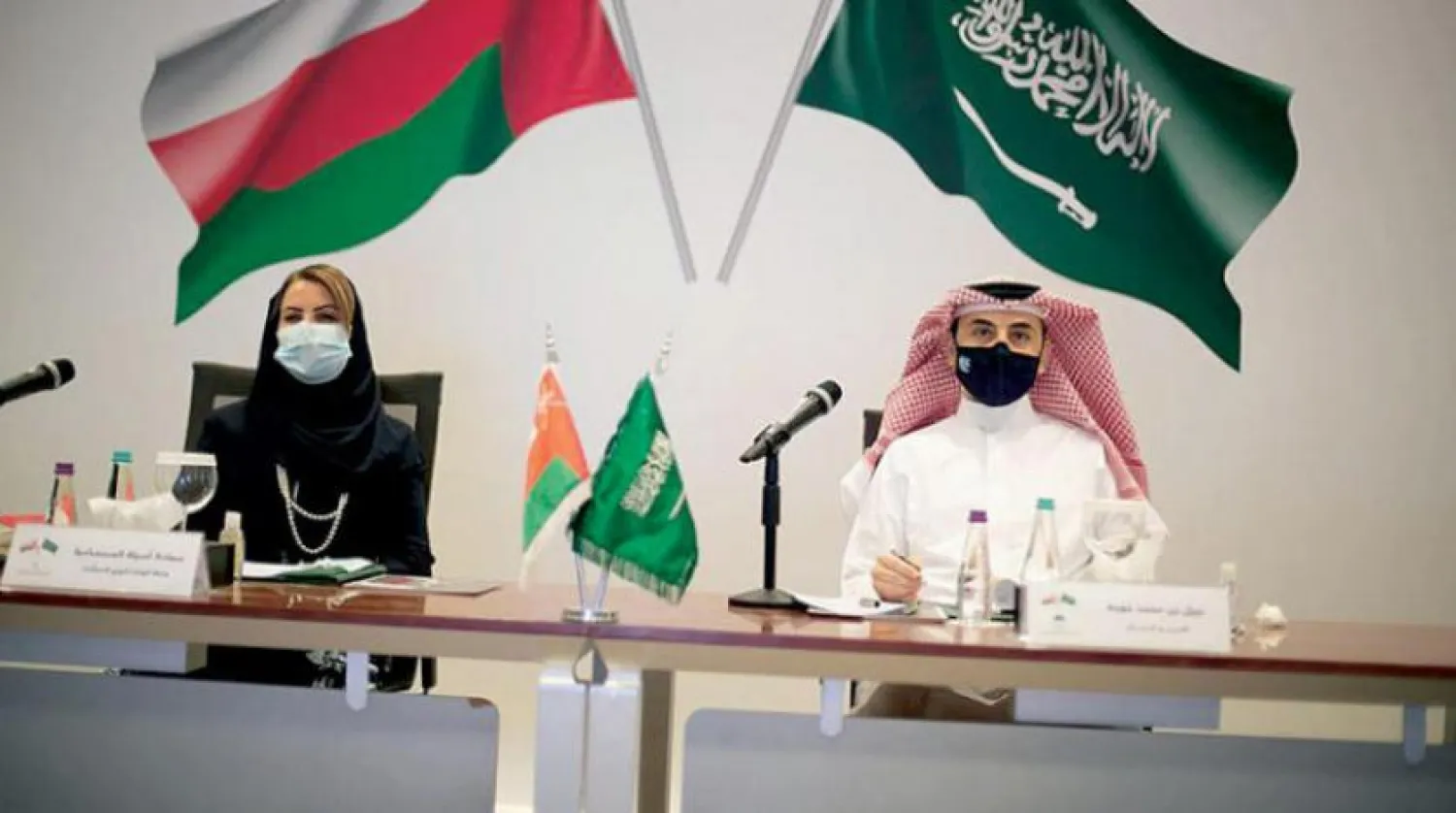Saudi Arabia is considering developing an industrial zone in Oman, and the two Gulf states have discussed the possibility in investment talks, the Saudi Press Agency reported.
Saudi and Omani officials met earlier this month to discuss investment opportunities.
Discussions this week tackled “prospects for cooperation and integration opportunities in the special economic zones in the Kingdom and the Sultanate,” SPA added.
Saudi Arabia is in the midst of an ambitious economic development plan (Vision 2030) to wean the economy off oil, while Oman recently introduced a medium-term plan to rein in its debt that has grown at breakneck pace in recent years.
Both are also keen to attract foreign investment as part of their reform efforts.
“The meeting also discussed studying the possibility of establishing a Saudi industrial zone in Oman, where the Saudi side would develop, operate and manage the zone and build logistical routes to transport goods between Saudi and Omani special economic zones,” SPA said.
Oman announced Wednesday it will start granting long-term residence visas to foreign investors.
The country has been hit hard by the COVID-19 crisis and the associated drop in oil prices and is looking for means to boost its state revenues and drive investment in the country.
Oman’s initiative, effective from September, grants foreign investors and retirees the right to reside for long periods in the Sultanate, the Ministry of Commerce, Industry and Investment Promotion explained.
The latest move to boost foreign direct investment into the Sultanate, will see Oman grant investors residency for five or 10 years, which is subject to extension.
Expatriates make up around 42 percent of Oman’s population, government data from 2020 showed. The country has a long-standing workforce nationalization policy, known as Omanization, to create employment opportunities for its citizens.
It has pushed forward its program of replacing foreign workers with Omani citizens to ease pressure on the job market but youth unemployment is relatively high at over 10 percent.









